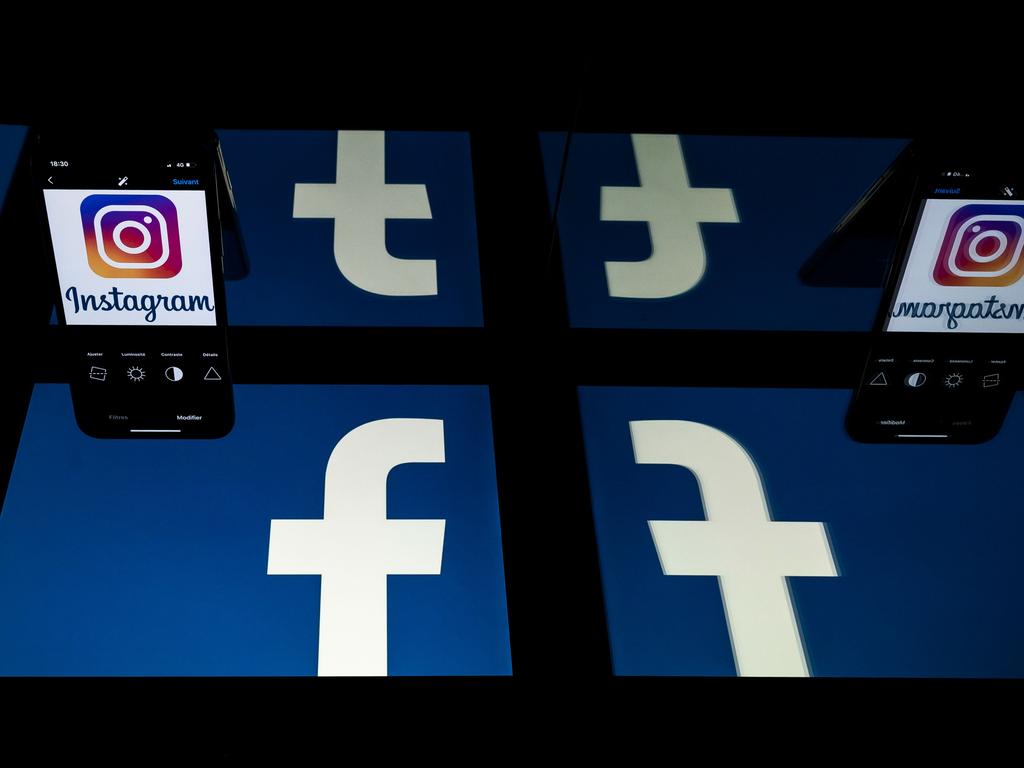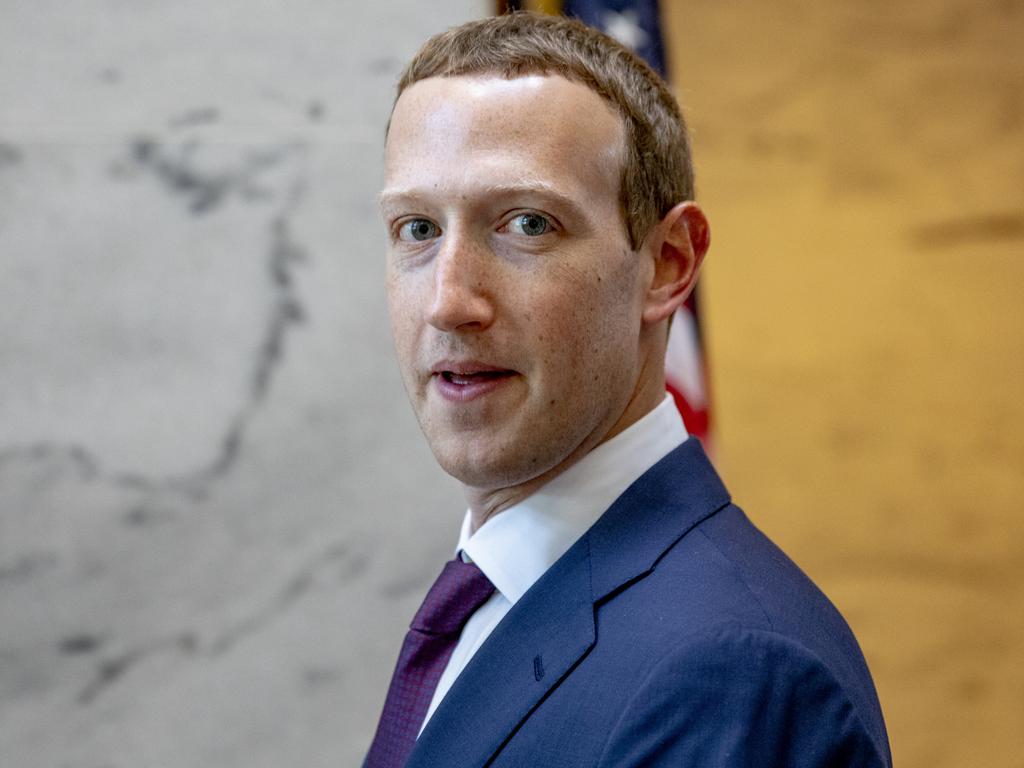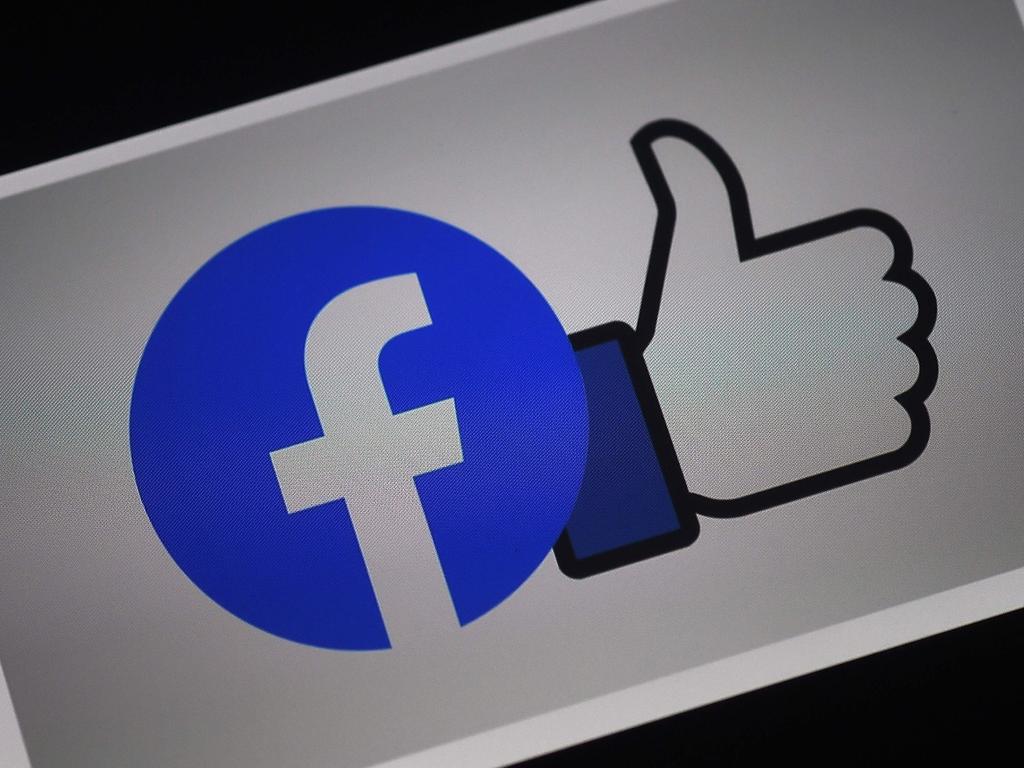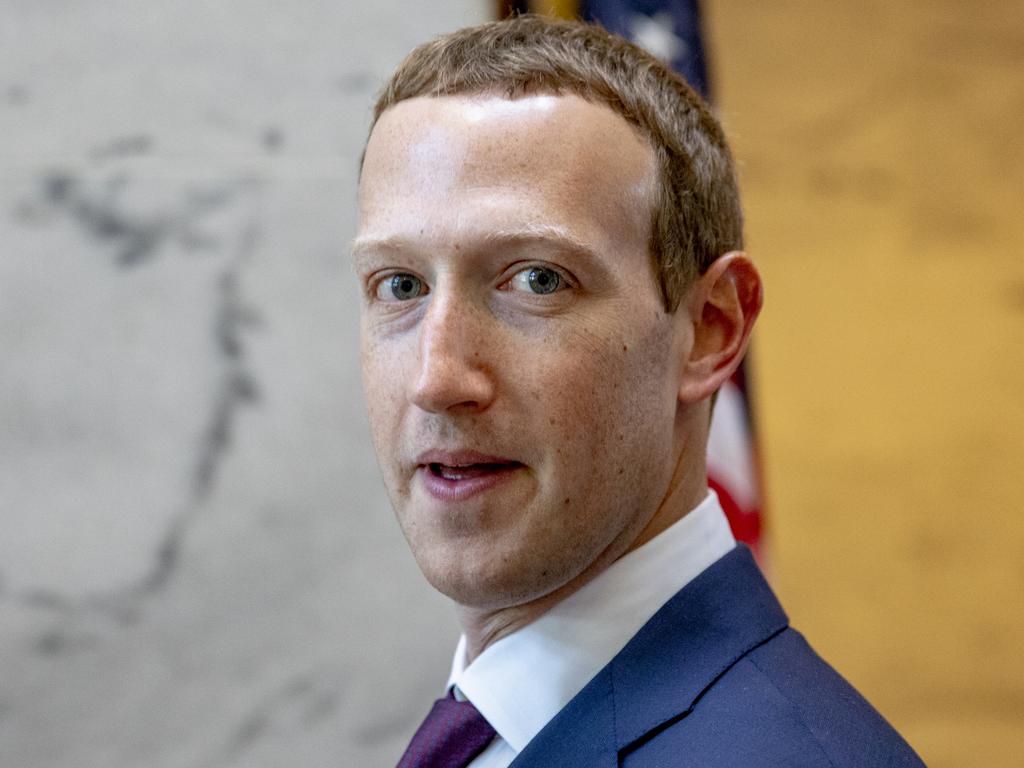Facebook’s tactics backfire as it unfriends the nation

In one clumsy strike, Facebook completely alienated its users all over Australia — and infuriated everyone from the Prime Minister to the Australian Greens. In doing so, it reinforced exactly why the tech giant requires government scrutiny and regulation to rein in its extraordinary market power. By unilaterally blocking the sharing of all news from being accessed by its Australian users, Facebook is also promoting the insidious influence of fake news and conspiracy culture, denying news outlets, companies, civil authorities and responsible users the opportunity to correct false and outlandish claims that drive misinformation, misunderstanding and division. Facebook’s former Australian boss Stephen Scheeler said the platform’s behaviour was “an act of war”. He urged Australians to delete the app to send a message to the company.
Facebook treated the public with contempt on Thursday, even blocking access to pages vital to public safety such as police and emergency services, information on mental health assistance, domestic violence prevention, weather bureaus and health authorities’ pages giving details about the rollout of COVID-19 vaccines. Some of these were later restored. But it was an astonishing abdication of responsibility that exposed Facebook’s real priorities. These have nothing to do with its users.
As technology editor David Swan points out, Facebook was the platform that allowed the horror and the bloodshed of the Christchurch massacre to be live-streamed to a worldwide audience. “And yet allowing the free flow of information that is in the public interest, and for the greater good, appears to be a bridge too far.” The extent of Facebook’s shutdowns also demonstrated its unfettered power to censor and control, on very short notice, what the public can and cannot see online through its platform.
As a global monopoly, the company is using its account holders as bargaining chips as it tries to strongarm its way out of complying with the Morrison government’s media bargaining code legislation, which passed the House of Representatives on Wednesday.
The legislation, which other nations are set to follow, will ensure that Facebook and Google pay local publishers a fair price for the news content they use and make money from. That is eminently reasonable. No other business, after all, can operate by grabbing the work of other professionals, using it to generate advertising revenue, but refusing to pay those who created the content. Of every $100 spent in online advertising in Australia — about $9bn a year — $53 goes to Google and $28 goes to Facebook, Josh Frydenberg told parliament in question time on Thursday. In light of those dynamics, the Treasurer said, the Australian Competition & Consumer Commission recommended initially that the government put in place a mandatory code.
Rather than negotiating with publishers in good faith, Facebook is trying to brandish its monopoly power to force its own way. Google, in contrast, has concluded deals with Seven West Media, Nine Entertainment and News Corporation. News Corp chief executive Robert Thomson has announced a “historic multi-year partnership” with Google, which will make “significant payments” for displaying content across the world from publications including The Wall Street Journal, The Times of London and The Australian. The deal would have “a positive impact on journalism around the globe as we have firmly established that there should be a premium for premium journalism”, Mr Thomson said. The terms of trade were changing for every publisher. That change will benefit the public as media companies will be able to invest in quality journalism.
While running hot and cold on the process of negotiating with Australian publishers, Facebook has been more intent on reinforcing its monopoly position. In December, the US Federal Trade Commission filed an antitrust lawsuit against the company, accusing it of eliminating threats to its monopoly. The lawsuit, backed by 48 US state attorneys-general, targets Facebook’s acquisitions of Instagram and WhatsApp.
As Scott Morrison says, Facebook’s move to “unfriend” Australia will reinforce concerns in other nations that also have had enough of its behaviour. If Facebook is to regain credibility, it will return to the negotiating table or lose its audience.






As far as negotiating tactics go, this one is a real doozy. Despite entering into extensive talks with media companies to pay for the content it uses to attract an audience of Australian users in the millions, Facebook, the social media giant founded 17 years ago, decided to take the nuclear option and ban not only news content from mainstream providers, including the ABC and The Australian, but a raft of sites that rely on quality news outlets to convey invaluable information to readers — from bushfire mitigation, to domestic violence advice and even pages run by suburban mothers.